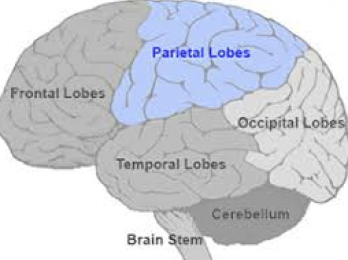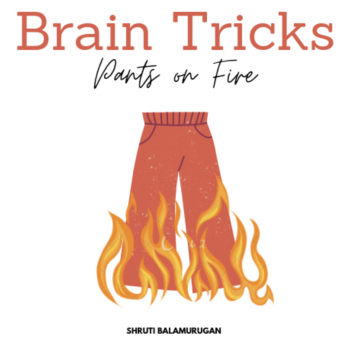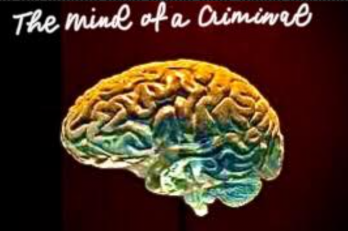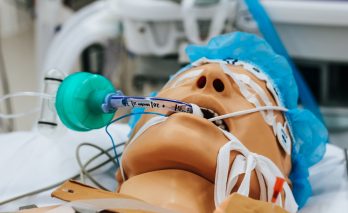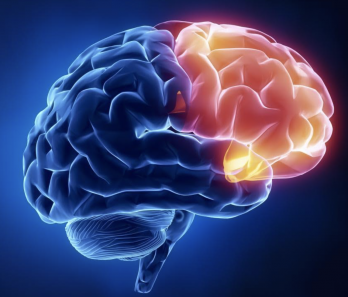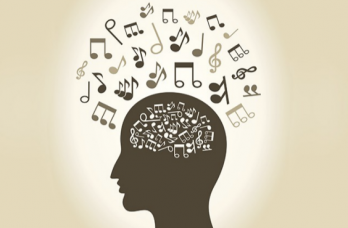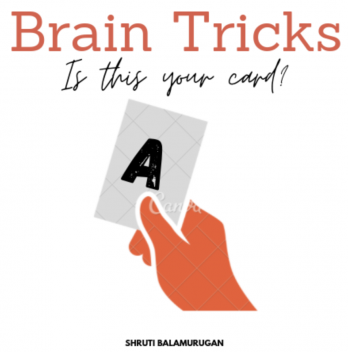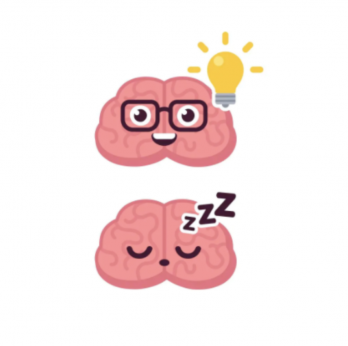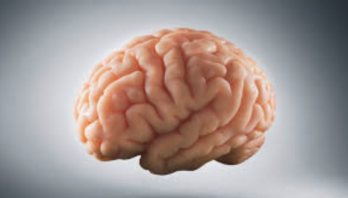Where is the Parietal lobe Located? The parietal lobe is located on top of the temporal lobe, which we will talk about in another blog. The Parietal lobe is in the left side of your cerebellum hemisphere. The parietal lobe is also located behind the Frontal lobe and in front of the optical lobe.
[…]We’ve all heard the phrase ‘Liar Liar, Pants on Fire’; it’s a common, charming phrase often
found in the children’s vernacular, used primarily when one has caught someone or suspects
someone to be lying. Maybe you’ve even used it once as a kid yourself — or adult, who am I to
say?
When heinous crimes occur, prosecutors often struggle to find the reason why. After all, wouldn’t it be difficult — almost impossible, even — to determine what caused someone to kill an innocent human being? What could potentially motivate someone to start fires, commit robberies, and cause overall chaos? Although criminals come in all shapes and sizes, some neuroscience research has identified biological commonalities — or risk factors — amongst those who have committed crimes. In other words, researchers are getting closer to mapping out the mind of a criminal.
[…]Comas are consciousness disorders. Comas can be caused by a stroke, brain tumour, drug/alcohol overdose, oxygen deficiency, exposure to chemicals, a severe head injury, or even an underlying disorder such as an infection.
[…]Where is your Frontal Lobe? The frontal lobe is located in the front of your brain, as you might have guessed from the name. This lobe is located directly behind the forehead. The frontal lobe is the largest lobe in your brain. Since, this is located directly behind the forehead. It is the most common area where traumatic brain injury affects. If the frontal lobe is damaged, a lot can happen to the brain, resulting in physical effects.
[…]Imagine this. You just came back from a stressful day of work, and you can’t wait to jump onto your couch and wind down with some of your favorite tunes. You push in a pair of earbuds into your ears, and crank up the tunes. What happens next? Your toes, fingers, and soul unite with the calming music as you hear the sound of the sweet piano vibrating in your ears. Your fingers drum to the catchy beat. Perhaps your head and shoulders bob up and down. Pretty soon, you find yourself belting out to the lyrics, busting into a groovy move, and feeling the stress slowly melt off your shoulders.
[…]I pride myself on being a person with common sense. I pride myself on not being an idiot most of the time. I like that I’m rational and usually logical. You probably are too! You and I hold a plethora of information about how the world works in our brains, likely more than any species has ever had before. Humans have built cars and buildings, created language, harnessed electricity, seen atoms, and figured out how they work. What a race the humans are! What triumphs of rationality and intelligence!
[…]How does the brain know when we should sleep? Well, our brain helps regulate our sleeping schedule through our circadian rhythm. Our circadian rhythm can be defined as the brain’s system of determining when our body needs to sleep or stay awake based on environmental factors, like whether it is sunny or dark outside. According to the National Sleep Foundation, different ages require varied amounts of sleep to stay healthy. Children ages 6-13 require 9-11 hours of sleep, teens ages 14-17 need 8-10 hours of sleep, and adults ages 18-64 require 7-9 hours of sleep.
[…]Killing an approximate 122,019 people in 2018 in the United States alone, Alzheimer’s disease
is fatal and the sixth leading cause of death in the United States. It is the only illness on the list
that cannot be prevented, cured, or even slowed. In fact, a person diagnosed with the severe form
of senile dementia is estimated to live for an estimated three to eleven years. While the disease
does not actually kill a person, the abnormal protein deposits destroy a person’s brain cells,
which subsequently lead to fatal complications, such as the formation of blood clots, or not
being able to swallow. When a person is diagnosed with Alzheimer’s, it is truly heartbreaking;
while they suffer the complications, they also lose their sense of self. The disease claims their
precious memories, which makes the situation all the more devastating for the family. However,
a recent study conducted by the biopharmaceutical company Alzheon has alleged that we should
not give up hope on a potential cure for the gut-wrenching disease.
What does your brain do? Well, your brain does a lot of things, it basically controls your whole body and tells your body what to do. Your brain is divided into parts that do different things. For example there is part of your brain that connects with your eyes and it tells you where to look and documents everything. The same procedure happens with all parts of your body. The brain is divided into parts that control each part of your body. Neurons are nerves connected to your brain to difference parts of your body. Think of it this way, The Brain could be a vehicle engine. The nerves can be the wires connecting to every part of the vehicle. Makes sense, doesn’t it?
[…]